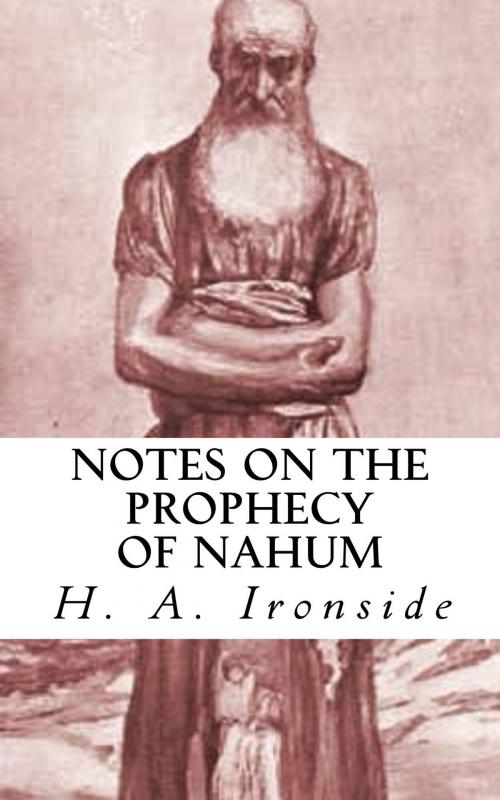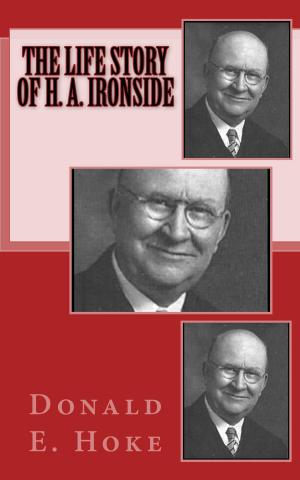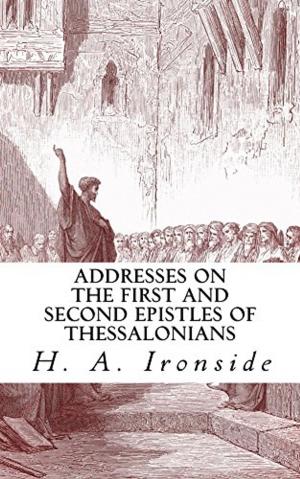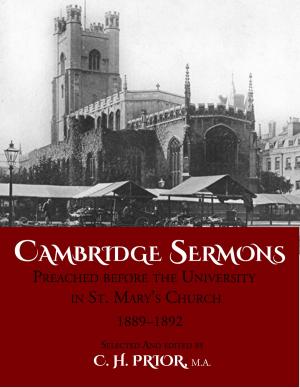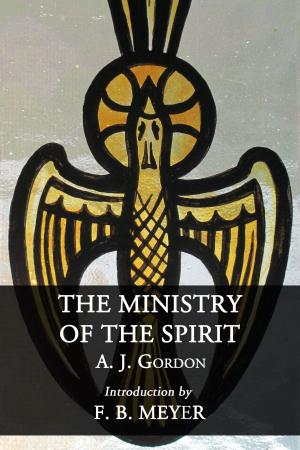Notes on the Prophecy of Nahum
Nonfiction, Religion & Spirituality, Christianity, Christian Literature, Bible & Bible Studies, Old Testament, Commentaries| Author: | H. A. Ironside | ISBN: | 1230001949193 |
| Publisher: | CrossReach Publications | Publication: | October 2, 2017 |
| Imprint: | Language: | English |
| Author: | H. A. Ironside |
| ISBN: | 1230001949193 |
| Publisher: | CrossReach Publications |
| Publication: | October 2, 2017 |
| Imprint: | |
| Language: | English |
“SEARCH and look,” said the prejudiced Jewish doctors, when summarily disposing of the claims of the Lord Jesus, “for out of Galilee ariseth no prophet.” We have already seen, in the case of Jonah, that their positive assertion was unsupported by the evidence of Scripture, to which they so coolly appealed. The son of Amittai was unquestionably out of Galilee. There are the best of reasons for believing the same of Nahum. He is called the Elkoshite; that is, a man from Elkosh, or, as it is sometimes written, Elkesi (ver. 1).
It is well known that there was an Assyrian village on the banks of the Tigris by this name; but Jerome states positively, when he retreated to Palestine from the turmoil of an unfriendly world, that he was shown the site of the Galilean Elkosh where Nahum was reported to have been born.
The prophecy of Nahum bears every evidence of having been delivered in the land prior to the death of Sennacherib, and, therefore, at least a century before the destruction of Nineveh, of which it mainly treats. He was in all likelihood contemporary with Isaiah, and uttered his poetic prediction in the reign of Hezekiah. Nahum was therefore, one can scarcely doubt, a Galilean, who came at the call of God from his northern home to speak words of comfort to the trembling people of the south, whose hearts were in fear because of the Assyrian invasion.
“SEARCH and look,” said the prejudiced Jewish doctors, when summarily disposing of the claims of the Lord Jesus, “for out of Galilee ariseth no prophet.” We have already seen, in the case of Jonah, that their positive assertion was unsupported by the evidence of Scripture, to which they so coolly appealed. The son of Amittai was unquestionably out of Galilee. There are the best of reasons for believing the same of Nahum. He is called the Elkoshite; that is, a man from Elkosh, or, as it is sometimes written, Elkesi (ver. 1).
It is well known that there was an Assyrian village on the banks of the Tigris by this name; but Jerome states positively, when he retreated to Palestine from the turmoil of an unfriendly world, that he was shown the site of the Galilean Elkosh where Nahum was reported to have been born.
The prophecy of Nahum bears every evidence of having been delivered in the land prior to the death of Sennacherib, and, therefore, at least a century before the destruction of Nineveh, of which it mainly treats. He was in all likelihood contemporary with Isaiah, and uttered his poetic prediction in the reign of Hezekiah. Nahum was therefore, one can scarcely doubt, a Galilean, who came at the call of God from his northern home to speak words of comfort to the trembling people of the south, whose hearts were in fear because of the Assyrian invasion.
